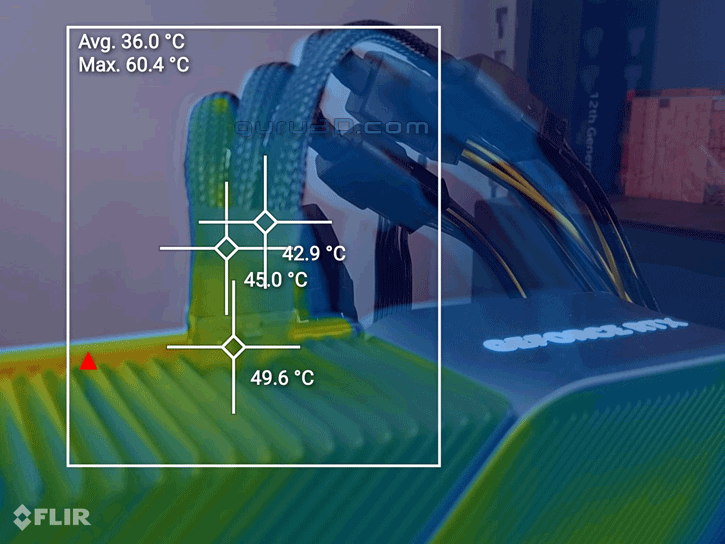It was kind of odd when this email arrived on Friday in our mailbox, but it was clear that their legal department vetted it completely. The RTX 4090 burnt-wire saga continues, and this time it is PCI-SIG, the electronics industry association in charge of speccing the Peripheral Component Interconnect, PCI-X, and PCI Express computer buses.
In a nutshell, these are the designers of the 16-pin 12VHPWR cable specifications. Since its debut on the NVIDIA GeForce RTX 4090 graphics card, the 16-pin 12VHPWR cable has encountered a number of issues. We have observed multiple reports of cables and connectors melting, but specialists and NVIDIA have established that an incorrect connection caused the problem. mainly due to human mistake. On top of all of this, NVIDIA is being sued in a class action. The lawsuit was filed in California federal court on November 11, 2022.
The real solution will be a new version of the cable (why change it if it was good eh?) with the S4 pin and a new function for it, as well as a new connector that, in theory, should implement physical changes to be safer.
With a lawsuit underway, PCI-SIG has come forward to address the situation with its first official response. PCI-SIG says its members are responsible for the design, manufacture, and testing, including safety testing, of their products that use the 16-pin 12VHPWR specification. The complete statement is included below:
We previously sent an email notifying you that one manufacturer has reported to PCI-SIG potential safety issues with its use of the 12VHPWR connection. Further to that, we have been informed of a recent lawsuit: Genova v. Nvidia Corporation, U.S. District Court for the Northern District of California case No. 5:22-cv-07090. The lawsuit alleges, in part, that 12VHPWR cable plugs experienced “melting … posing a serious electrical and fire hazard”.
PCI-SIG wishes to impress upon all Members that manufacture, market or sell PCI-SIG technologies (including 12VHPWR connections) of the need to take all appropriate and prudent measures to ensure end user safety, including testing for the reported problem cases involving consumers as alleged in the above-referenced lawsuit. Members are reminded that PCI-SIG specifications provide necessary technical information for interoperability and do not attempt to address proper design, manufacturing methods, materials, safety testing, safety tolerances or workmanship. When implementing a PCI-SIG specification, Members are responsible for the design, manufacturing, and testing, including safety testing, of their products.


